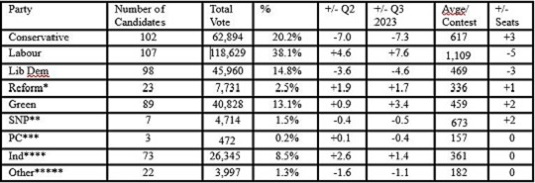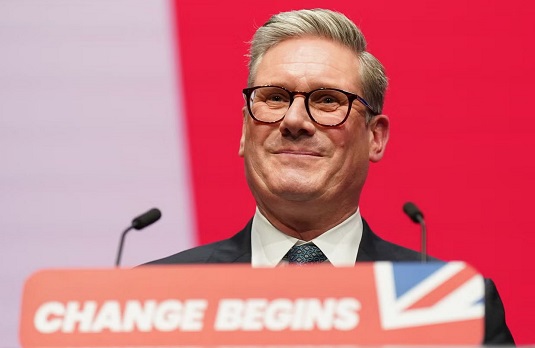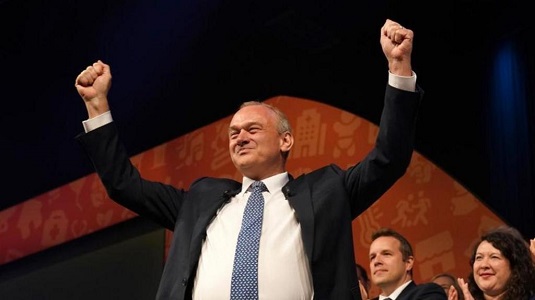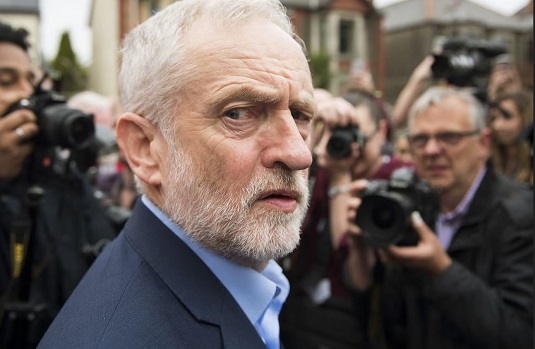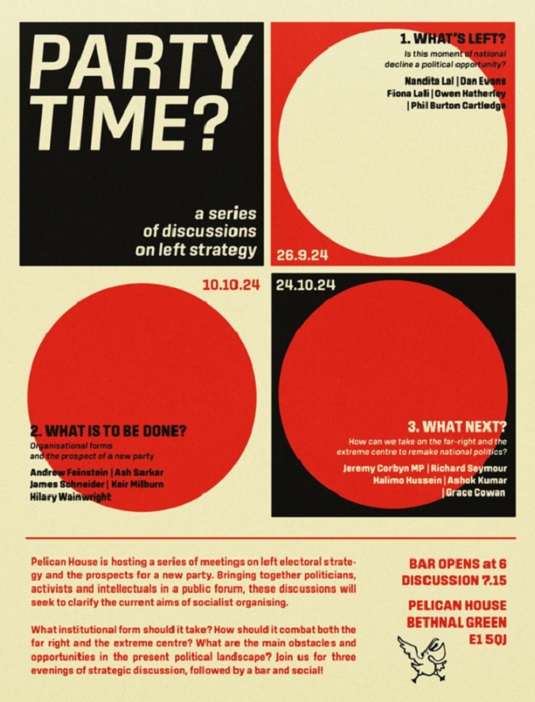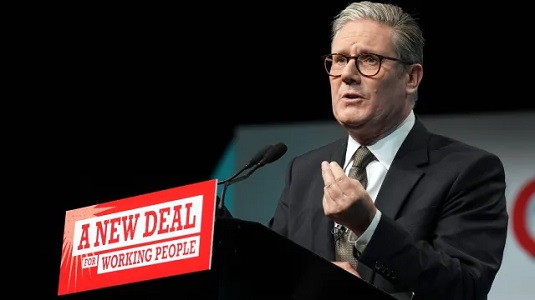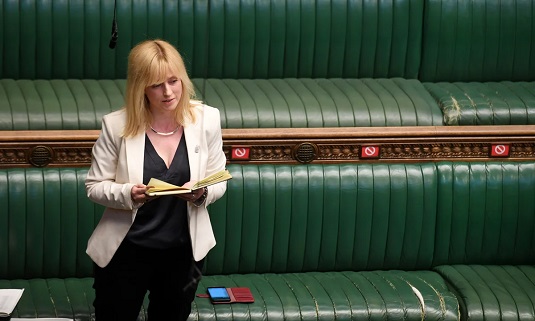
Thus spake Rosie Duffield, in her resignation letter to Keir Starmer. Absent is the obsequiousness that usually marks the form. It has the anger, if not the ranting quality of a furious Facebook status update. Yet that makes Duffield's letter effective. She has let her shock hang out and loosened her rage at the ride Starmer has taken the Labour membership, his MPs, and the electorate for. Duffield has channelled the disappointment of the Starmerist base into an unparliamentary intervention, boiling over with the sentiments that that had simmered on the back benches.
Last year Labour had the opportunity to ditch Duffield. She was always going to be a thorn in Starmer's side because of her transphobic campaigning. No matter how many times Wes Streeting restricts trans health care, or the genuflections Bridget Phillipson has made to "genuine concerns" about gender identity in schools, it would not have been enough for Duffield. But that she has attacked the leadership's integrity, and used the sort of hard language never employed by the soft left, is a surprise. Who can deny the substance of her argument? It's true. Starmer and friends have an entitlement complex to the trappings of office, and how they see nothing wrong with it is a reflex of the Labour right's self-importance. This isn't helped by Starmer's foolish efforts to emulate Emmanuel Macron, who has deliberately cultivated himself as a figure above politics unbeholden to the petty concerns of the little people. Look where that's got France.
Everyone knows Duffield is right and that Starmer is duplicitous. Especially those closest to Team Starmer, who are now unionising to fight wage cuts. What a way to show gratitude to one's underlings. While the media have indulged freebiegate and left the bigger scandal well alone, the damage to the new government's standing is real. The defences of Starmer's troughing, from it "didn't cost the taxpayer a penny" to the Prime Minister needing a wardrobe allowance was arrogant and dismissive, and has gone down as you might expect. Note to the Labour leadership. The poll bounce after a conference speech is supposed to go the other way.
Because Duffield is a cause celebre for transphobic centrists, her resignation will feed the divisions in Starmer's base that were present well before he took office. And for those loyalists who lost no time trying to fob freebies off as unimportant, they are bound to discover how objectionable and appalling Duffield's "gender critical" politics are. You can anticipate the ministers on the politics shows saying she has been "unhappy" with the party for some time and this is sour grapes because she was passed over for a job (Duffield's letter is annoyed at the new no-marks who've been promoted over the time servers). None of this is going to rescue the situation. Starmer and co. are exposed as out of touch troughers while telling everyone else to tighten their belts, and what Duffield has done is opened up a division in the party that had been papered over. We're not even three months in yet.
Image Credit

